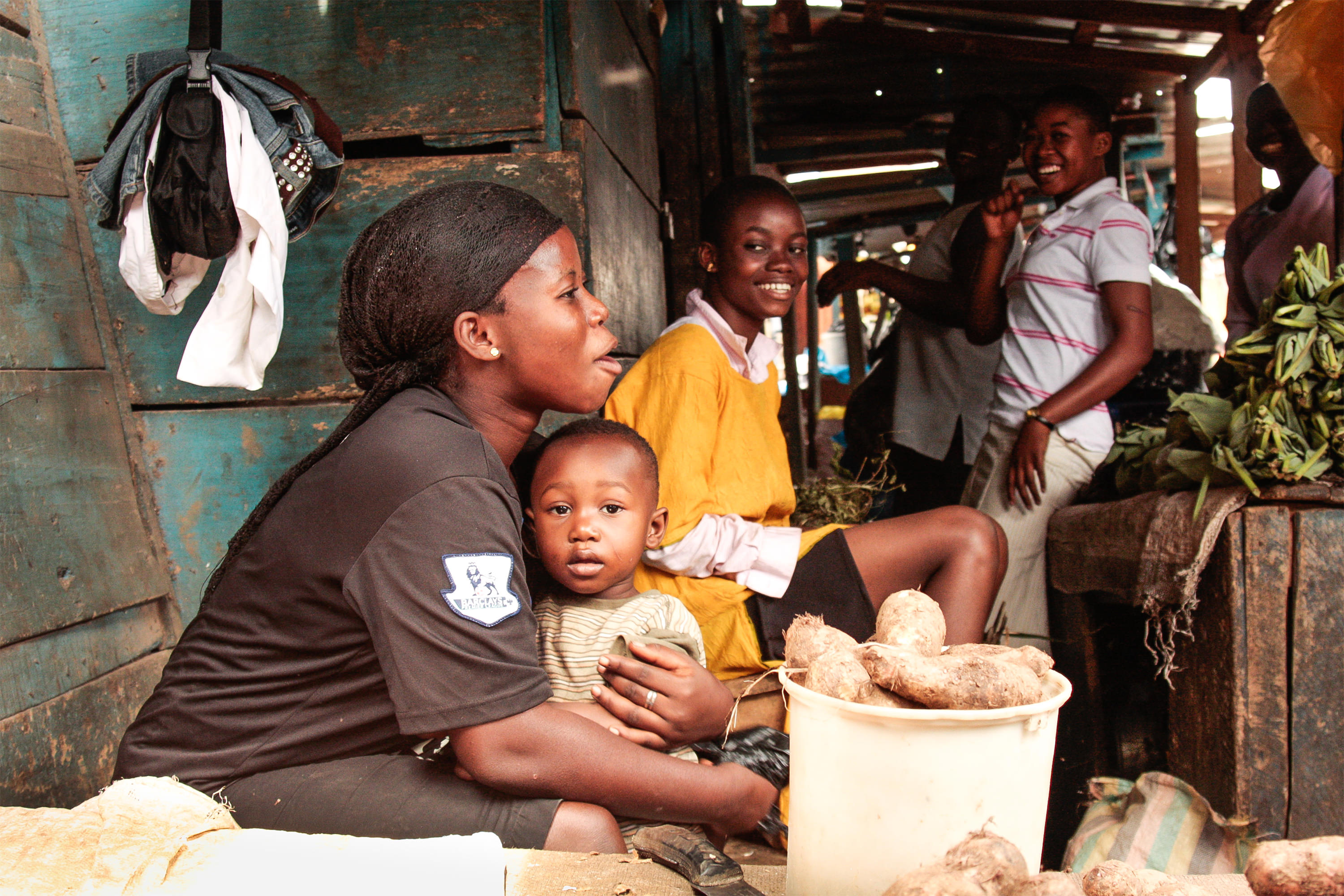The project aims to examine the evidence for the “Doing Gender” hypothesis in Ghana. We examine whether greater earnings by Ghanaian women is associated with increased household bargaining power, proxied by the division of housework between a woman and her husband. The study is relevant as the issue of the division of domestic work has significant implications for women’s welfare. Women who shoulder a large amount of child care and domestic responsibilities often scale down their employment intensity, engage in less challenging jobs and usually on a part-time basis. We apply estimates of women’s level of bargaining to an important aspect of a woman’s life- her reproductive health. In many parts of the developing world, few women have significant control over their decisions relating to childbirth, despite the fact that too many births, too close together could have significant adverse effects on the health of a woman and her child. Where increased earnings indeed lead to higher bargaining power by women within the household and a greater say in decisions relating to her reproductive health, women’s health and welfare could be maximized.
We complement the quantitative analysis with some qualitative data as well, in order to understand better the underlying reasons for persistence unequal division of labor in Ghanaian households, and whether or not women experience any effects of shouldering the bulk of housework responsibilities, on their labour market participation. We do this by selecting a subset of women from the quantitative data collection exercise for more indepth questions. We anticipate that the findings from the qualitative will complement and provide some contextual background for findings from the quantitative analyses.
We request funding to be able to answer the following questions:
- What is the division of child care and domestic work in Ghanaian households? (2009 GTUS)
- Do men spend more time on domestic work and child care as women’s income increases, and do women do less housework (Test of the autonomy hypothesis)? (Data to be collected)
- Do men do more spend more time on domestic work and child care when women contribute relatively more to the household, and do women do less (Test of the relative resources hypothesis and compensatory gender display hypotheses)? (Data to be collected)
- To what extent does women’s higher bargaining power, proxied by a more egalitarian distribution of housework, affect women’s fertility behaviours in the household? (Data to be collected)
- What are some reasons for the persistence in the unequal distribution of household responsibilities within households in Ghana, and what are some resultant labour market experiences of women?
The research has a number of potential impacts. First, despite the burgeoning literature on ‘doing gender’, very little has been done (if any) on the effect of women’s absolute and relative earnings on household division of labour in Ghana, largely due to unavailability of time use data for analysis purposes. Second, the use of mixed methods is a novel approach, and would provide background information that would be useful for better understanding of complex relationships between couples, in addition to the potential external role of social and cultural expectations, among others. Third, the research aims to focus attention on the need for the review of policies that reinforce traditional gender hierarchies in Ghana, and would be relevant for a number of stakeholders and policy makers within the country. Fourth, the public access to the data provides a secondary source of information for related studies in this area, and fills an existing dearth of data available in Ghana for this type of research. Finally, the use of graduate student(s) for this study builds their capacity and exposes them to rigorous research and empirical methodology, in addition to invaluable field work experience.
